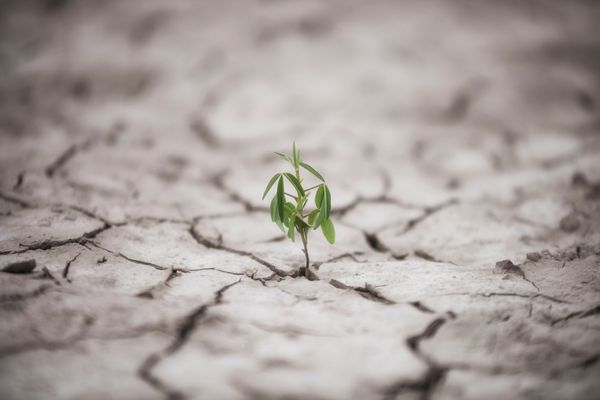Deadline: 17-Aug-23
The Youth Environment Living Labs (YELL), a joint programme between UNDP and UNICEF, supported by Amanah Lestari Alam (ALAM) is inviting interested entities to submit a concept proposals for YELL Seed Grants.
YELL wants to find new or better ways of instilling environmental stewardship and increasing young people’s contribution to the environment and climate agenda in Malaysia. The grant is expected to support the testing and piloting of new or unproven approaches and ideas, for engaging and inspiring young people into action.
YELL aims to localise climate narratives to address knowledge and resource gaps among local young people and strengthen the ecosystem of actors to support and hold the space for youth to engage as agents of change in environmental policy and action.
Themes and Focus Areas
- Theme: Biodiversity
- Focus Areas: Restoration and Conservation
- Theme: Climate change
- Focus Areas: Mitigation and Adaptation
- Theme: Waste management
- Focus Areas: Food waste, Plastics and Lifecycle
Funding Information and Duration
- Each concept note application should budget between MYR 25,000 and MYR 100,000. The currency of the concept note should be in Ringgit Malaysia (MYR).
- Selected projects are expected to be undertaken and completed within a maximum 12-month timeframe, commencing October 2023 and completed latest by October 2024.
Eligible Project Activities
- Objective 1: To increase young people’s participation in learning, caring and taking action in protecting the environment.
- Activities that are considered (among others):
- Activities that generate new learning resources, tools or multidisciplinary approaches to learning that are engaging.
- Activities that deliver Environment Education modules to young people (children and/or adolescents) in progressive learning approaches, and assessment methods.
- Activities that impart traditional knowledge and knowledge in the local environmental context to young people.
- Activities involving transfer of intergenerational knowledge, skills, best practices, values and ethics from practitioners in environmental disciplines.
- Outcome/results indicator:
- More young people (disaggregated by gender) connect with the environment and understand their impact on it.
- Activities that are considered (among others):
- Objective 2: To increase the capacity of educators, teachers, peers and parents to deliver Environment Education or Studies.
- Activities that are considered (among others):
- Activities that generate new or engaging teaching resources, tools or multidisciplinary approaches to Environment Education and Studies.
- Activities that build the capacity of teachers, educators, peers or parents in delivering Environment Education modules and assessment methods.
- Activities that promote and advocate Environment Studies or Education, incorporating traditional knowledge and local environmental context.
- Activities that support practitioners in environmental disciplines in transference of intergenerational knowledge, skills, best practices, values and ethics.
- Outcome/results indicator:
- Teachers, educators, peers and parents (disaggregated by gender) have the skills and resources to deliver Environment Education to children and young people.
- Activities that are considered (among others):
- Objective 3: To provide more widespread opportunities and entry points for young people to respond to environmental- related issues in a community.
- Activities that are considered (among others):
- Activities that increase capacity and participation of young people in designing, planning and implementing their own projects, to respond to a local environmental issue.
- Activities that are interventions or solutions that benefit the local community and environment, i.e. strengthening leadership.
- Activities that increase young people’s exposure to grow their skills in the area of conservation and sustainability.
- Activities that preserve local traditional knowledge through documentation, communication or advocacy, sustainable livelihoods, etc.
- Outcome/results indicators:
- More young people (disaggregated by gender) participate in events or programmes to benefit the environment and communities.
- More young people (disaggregated by gender) are involved in creating solutions for challenges facing their community.
- More young people (disaggregated by gender) taking action or creating solutions learn from their experiences.
- Activities that are considered (among others):
Eligibility Criteria
- Malaysia-registered and operating as a non-government organisation/community-based organisation/grassroots organisation (or a similar organisation).
- Non-profit public academic institutions, public research institutions and statutory bodies.
- For-profit entities are only entitled to apply as co-applicants with the applying entity.
- Political- or faith-based organisations are not eligible.
- Applying entities must provide a copy of the certificate of registration and/or similar documents that prove their incorporation and operation as a non-profit.
- Non-legally constituted or non-registered organisations may not submit applications as applying entities. Such entities may submit applications on a joint basis with other interested eligible entities (‘consortium approach’), wherein any agreement will be signed with the eligible entity only.
- Possess a Malaysia-registered bank account.
For more information, visit Youth Environment Living Labs(YELL).
